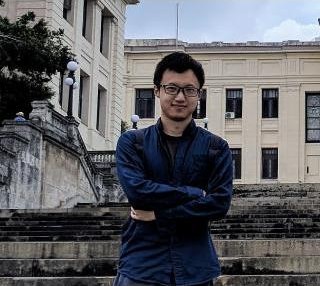- To register to attend this event in-person, please register HERE. *CU ID holders only
- To register to attend this event online, please register HERE.
Abstract: Scholars increasingly interpret overseas investment as a form of economic soft power, swaying local public opinion to favor the investing firm’s home country. Conceptualizing soft power as a function of both influence and affinity, this study examines how citizens react when firms from major foreign powers – and from their prominent rival – invest locally. Using a unique dataset of over 750 geolocated Chinese and US FDI projects in 23 countries in Africa and connecting those projects to survey responses from over 37,000 citizens, we demonstrate that citizens assign greater influence to major powers whose firms invest locally and reduce the influence they extend to the major power’s rival. Importantly, however, the influence that countries derive from their firms’ overseas investments in Africa cannot be likened to greater affinity: proximity to Chinese and US foreign direct investment (FDI) projects decreases rather than increases citizens’ preferences for the respective country’s development approach, even as it increases their perceived influence. The findings suggest that investing powers are viewed more as heavy-handed bosses than supportive partners, and that FDI thus may not provide a straightforward path to soft power.
Co-sponsored by: the China and the World Program, the Weatherhead East Asian Institute, & the APEC Study Center at Columbia University.
Xiaonan Wang is a fellow at the China and the World Program for 2022-23. Most recently he was a Ph.D. candidate in the Department of Government and Politics at the University of Maryland. Starting Fall 2022, he will also join CUNY-Baruch as an assistant professor of political science. He studies the domestic and international political economy of China.
In the domestic politics of China, his research focuses on bureaucracy and state-business relations. His dissertation studies the politics of appointing insiders and outsiders, using the case of appointing China’s provincial government agency heads in the reform era. In the international political economy of China, His research focuses on China’s global economic influence. His current work studies how Chinese investment projects affect African citizens’ perceptions of China and African leaders

